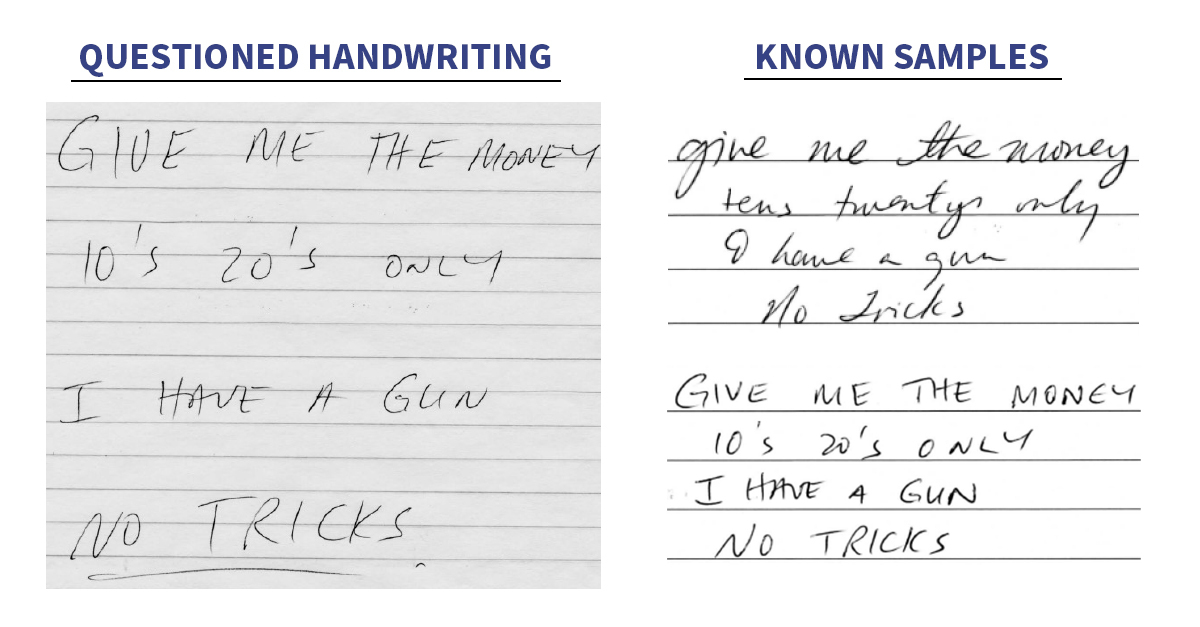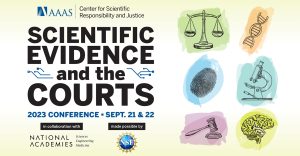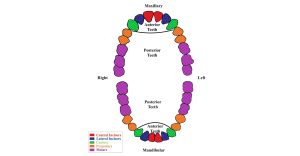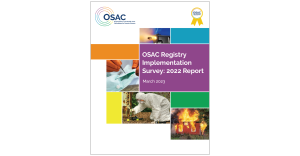From National Institute of Standards and Technology (NIST) News
Published June 3, 2021
As people write less by hand, will handwriting examination become irrelevant?
NIST considers the answer to that question in a recent news article. NIST suggests the answer is no, but only if the field of forensic handwriting examination changes to keep up with the times.
The article focuses on some of the recommendations from the NIST updated report, Forensic Handwriting Examination and Human Factors: Improving the Practice Through a Systems Approach. It recommends more research to estimate error rates for the field which will allow juries and others to consider the potential for error when weighing an examiner’s testimony.
The report also recommends that experts avoid testifying in absolute terms or saying that an individual has written something to the exclusion of all other writers. Instead, experts should report their findings in terms of relative probabilities and degrees of certainty.
Melissa Taylor, the NIST human factors expert who led the group of authors, said that the report provides the forensic handwriting community with a road map for staying relevant. But the threat of irrelevance doesn’t come only from the decline in handwriting. Part of the challenge, she says, arises from the field of forensic science itself.
“There is a big push toward greater reliability and more rigorous research in forensic science,” said Taylor, whose research is aimed at reducing errors and improving job performance in handwriting examination and other forensic disciplines, including fingerprints and DNA. “To stay relevant, the field of handwriting examination will have to change with the times.”
To read the full article, visit https://www.nist.gov/news-events/news/2021/06/handwriting-examiners-digital-age.
For more information about CSAFE’s handwriting analysis research, visit https://forensicstats.org/handwriting-analysis/.
The CSAFE handwriting team has developed an open-source software tool called handwriter. This R package utilizes a variety of functions to identify letters and features from handwritten documents. Learn more at https://github.com/CSAFE-ISU/handwriter.





